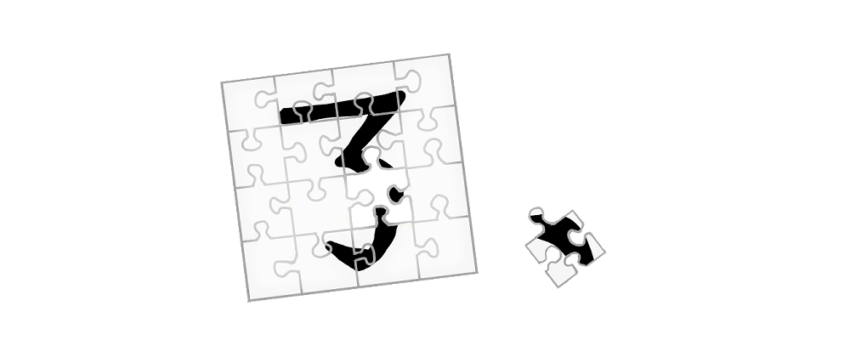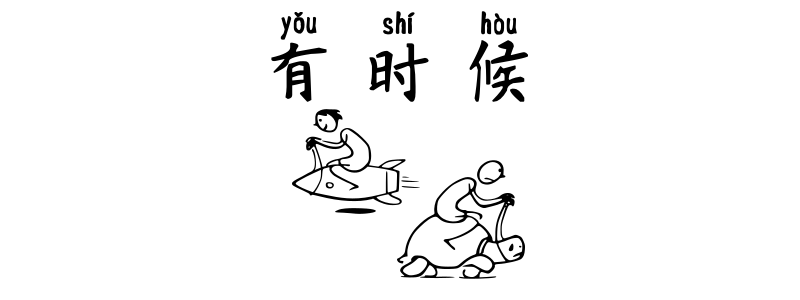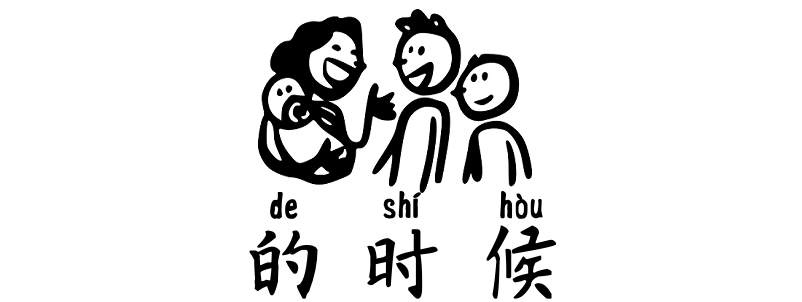Grammar Point:A clause is a group of words that contains a subject and a verb. It can be a whole sentence or a part of a sentence. And the function of 的 de is to link a clause with a noun. Structure Clause + 的 de + Noun 愛ài吃chī糖táng的de那個nàge孩子háizi是shì我wǒ兒子érzi爱ài吃chī糖táng的de那个nàge孩子háizi是shì我wǒ儿子érziThe child who loves to eat candy…
Author: tiffany
“As” in Chinese – zuòwéi
Grammar Point:In Chinese grammar, 作為为 zuòwéi is used as a preposition to indicate the role, function, or identity of something or someone in a particular context. It is often translated as “as” or “in the capacity of” in English. Structure Zuòwéi + Noun (character or role) 作為zuòwéi一名yìmíng老師lǎoshī, 他tā擁有yōngyǒu豐富fēngfù的de教學jiāoxué經驗jīngyàn作为zuòwéi一名yìmíng老师lǎoshī, 他tā拥有yǒngyǒu丰富fēngfù的de教学jiāoxué经验jīngyànAs a teacher, he has rich teaching…
Reduplicate Adjectives in Chinese
Grammar Point:Reduplication of adjectives intensify the tone of a statement, similar to the way 很 hěn functions as an intensifier. It reflects the speaker’s subjective feelings rather than objective, factual observation. Structure Subjective feelings are often used in praise, criticism, baby talk, or telling story. AA的 – one-syllable adjectives 這zhè個ge糖táng甜甜的tiántiánde, 真zhēn好吃hǎochī这zhè个ge糖táng甜甜的tiántiánde, 真zhēn好吃hǎochīThis candy tastes sweet…
To try – VV看 kàn
Grammar Point:In Chinese grammar, the structure VV看 kàn is used to indicate an attempt or trial. It conveys the idea of trying to do something or attempting an action. Structure One-syllable verb Reduplication + 看 kàn When using this structure, it is common to move the object to the front as the topic instead of…
“Even” in Chinese 1 – 甚至 shènzhì
Grammar Point:The Chinese word 甚至 shènzhì means “even” or “go so far as to.” It is used to indicate that something is true to a surprising or extreme degree, often used to emphasize a point. Structure 甚至 shènzhì is commonly used together with 連连 lián…都 dōu/ 也 yě… to emphasize the extent or degree of…
Changing Situation – 了 le
了2 – Sentence particle了 S + V + (O) + 了2 It indicates a new situation or change of state and is always placed at the end of a sentence. The Chinese particle 了2 is typically used at the end of a sentence to indicate a change of state or situation, except when a final particle (such as…
Sometimes – yǒushíhou
Grammar Point:The phrase 有時时候 yǒushíhòuhou…有時时候 yǒushíhòuhou… in Chinese means “sometimes…sometimes…” in English. It is used to express that something happens occasionally or at different times, emphasizing the variability or irregularity of the occurrence. Structure S + yǒushíhòu + A,yǒushíhòu + B It is okay to drop the 候 hòuhou character. Just using 有時时 yǒushí… is…
Book 1 Lesson 2 – Vocabulary
Click here to modify ↘️ the characters and pinyin Vocabulary Part 1 的 de (Ptc) modification marker 家人 jiārén (N) family (members) 家 jiā (N) home, house 漂亮 piàoliàang (SV) pretty 房子 fángzi (N) house 坐 zuò (Vi) to sit 好 hǎo (Ptc) OK 有 yǒu (Vst) to have 多 duō (SV) many 先生 xiānshēeng…
When… – de shíhou
Grammar Point:The time expression grammar “…的時候的时候 de shíhòudeshíhou” is similar to the English phrase “when something happens.” It can be used to talk about things that happen at a particular time. To use it, simply attach it to the word or phrase indicating the time. Sentence structure Time Word or description + 的時候/的时候 我wǒ工作gōngzuò的de時候shíhòu常常chángcháng喝hē咖啡kāfēi我wǒ工作gōngzuò的de时候shíhou常常chángcháng喝hē咖啡kāfēiI usually…
“Indicate” in Chinese – kějiàn
Grammar Point:In Chinese, the word 可見见 kějiàn is a conjunction that that can be translated as “indicate” or “means.” It is often used to summarize the meaning of a previous statement. Structure Situation + kějiàn + Conclusion 可見见 kějiàn is often used when a speaker wants to express a judgment or insight based on facts,…









